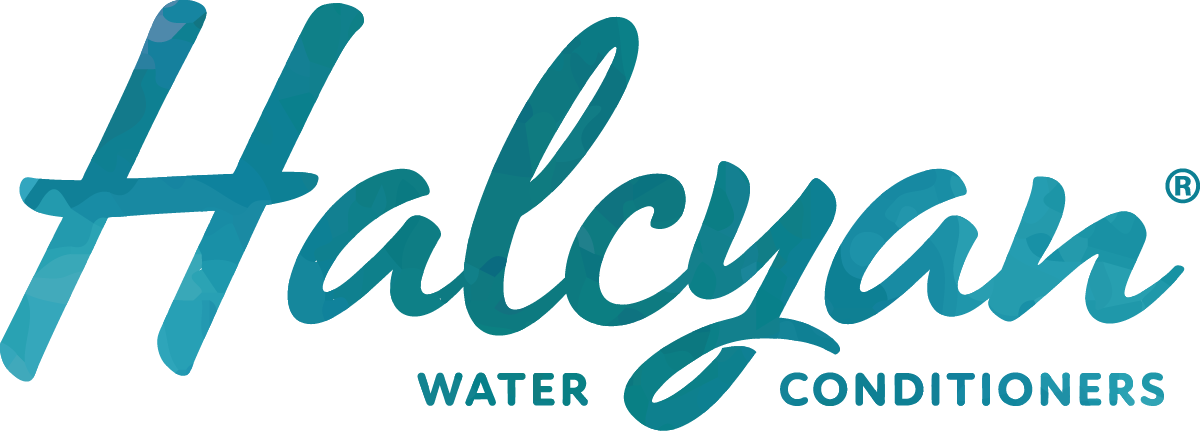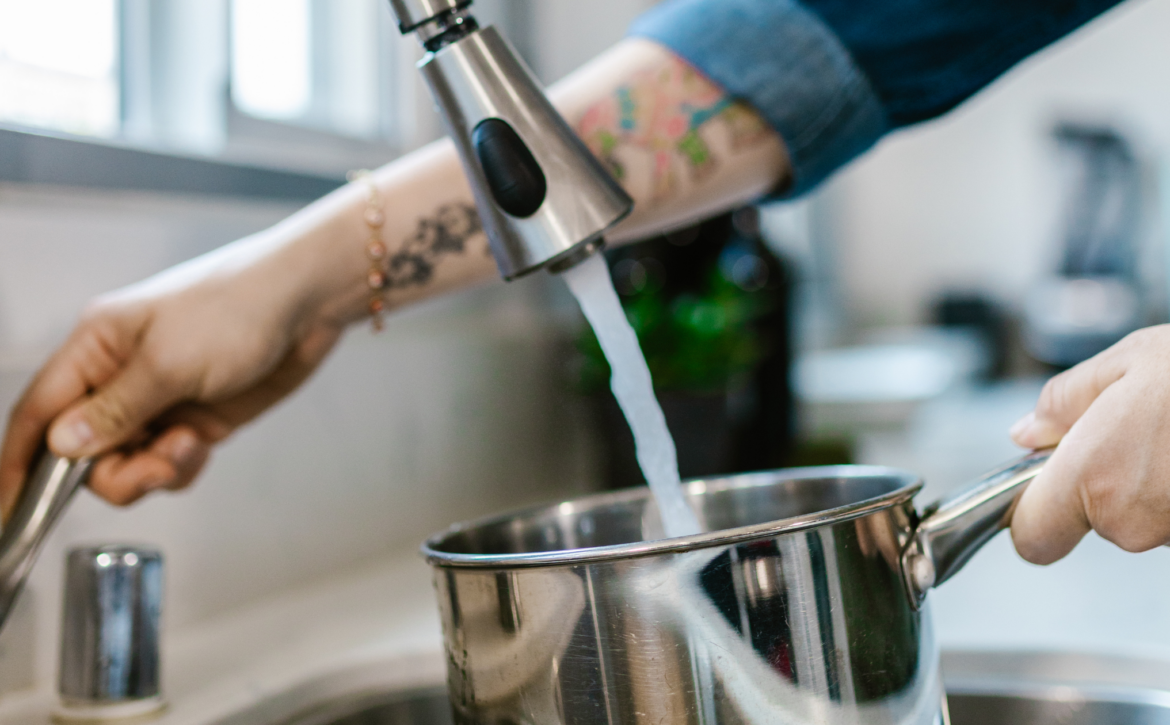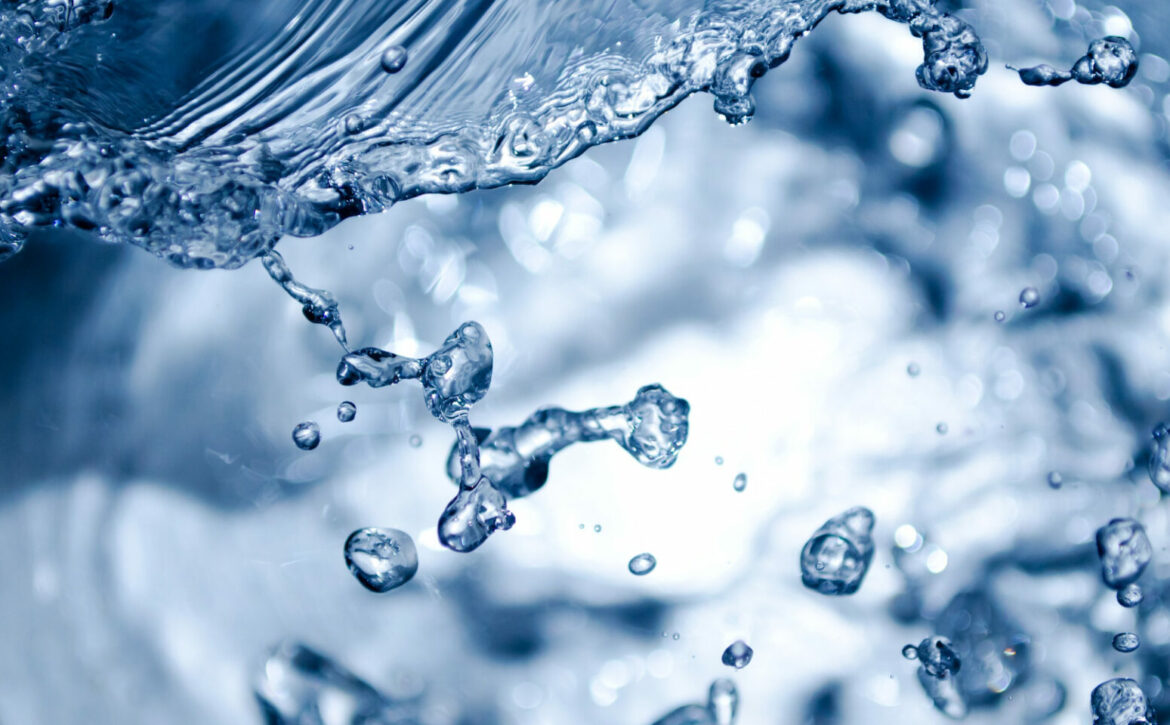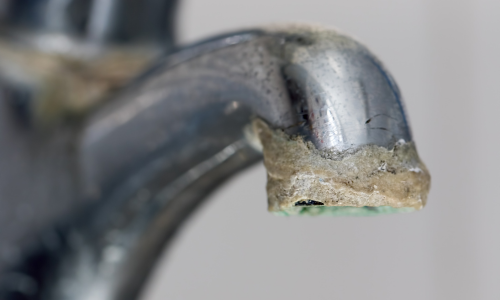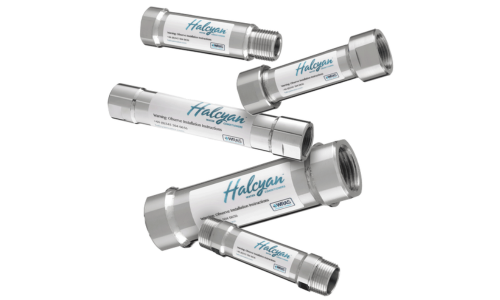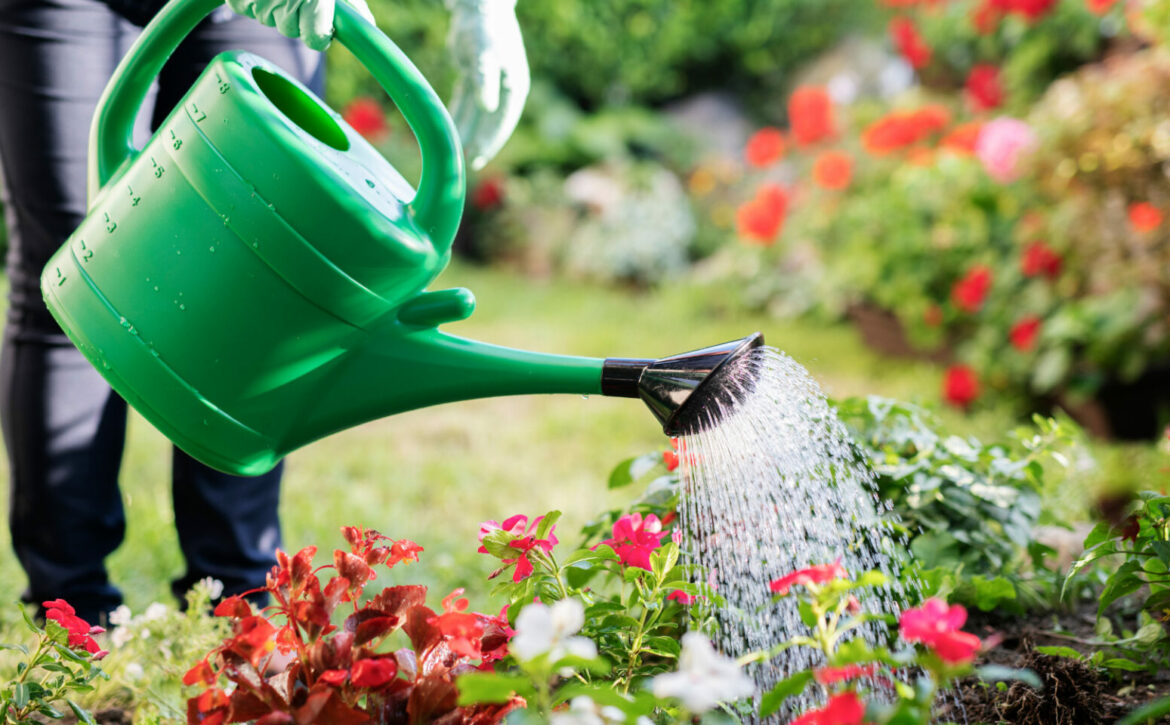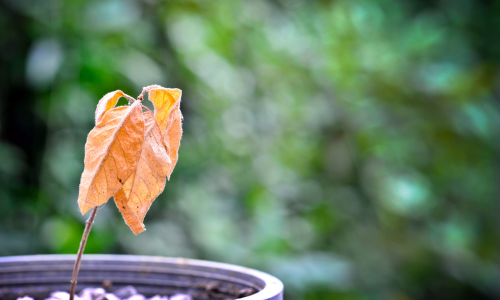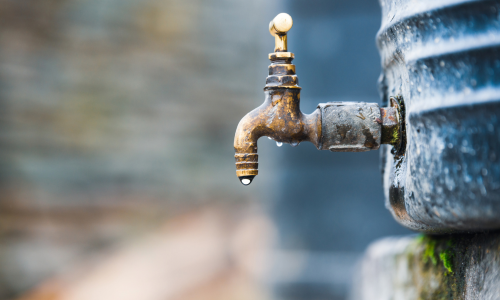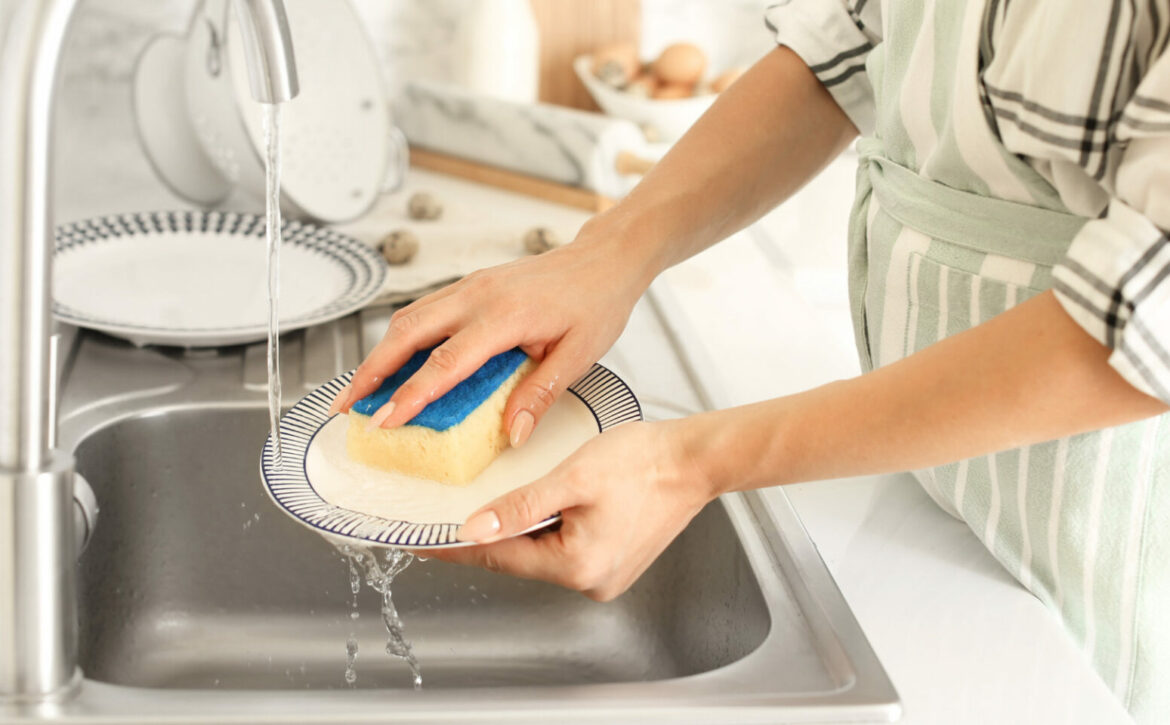Protect Your Home with Halcyan Water Conditioner – Saltless Water ‘Softeners’
Enhancing your home with a Halcyan Water Conditioner isn’t just about addressing hard water—it’s about transforming your daily living. The market-leading saltless water ‘softener’ system (conditioning system to give it it’s proper name) offer a multitude of benefits, making it an essential addition to any eco-conscious household.
Benefits of Using Halcyan Water Conditioners – A Saltless Water Softening System
- Longevity: With a lifespan of over 30 years, Halcyan Water Conditioners provide a long-term solution to hard water problems without the need for replacement.
- Zero Maintenance: Halcyan systems are designed to be fit-and-forget, requiring no regular maintenance or salt refills, allowing you to enjoy the benefits without the hassle.
- Eco-Friendly: By reducing energy consumption and eliminating the need for chemical or salt descalers, Halcyan supports your sustainable lifestyle while ensuring no negative impact on the environment.
- Whole House Protection: Protect your entire plumbing system and all household appliances from limescale buildup, ensuring they operate efficiently and last longer.
- Skin and Hair Health: Enjoy softened water that is kinder on your skin and hair, reducing dryness and irritation without the use of harsh chemicals.
How Halcyan Water Conditioners Works
The Halcyan Water Conditioner uses a unique, salt-free technology to transform the minerals in hard water, preventing them from forming scale. This not only preserves the efficiency of your water heating systems but also extends the lifespan of your domestic appliances.
Why Halcyan Stands Out against other Saltless Water Softening Solutions
Halcyan is a saltless water softening system that conditions the water while respecting the environment and your budget. With no electricity needed and no wastewater produced, it’s a stark contrast to traditional water-softening methods and a testament to what modern engineering can achieve.
Embrace the Difference with Halcyan Water Conditioners
Step into a world where water quality meets simplicity and sustainability.
Whether you’re renovating or looking to protect (or enhance) your current setup, Halcyan provides a seamless, efficient hard water solution.
Ready to revolutionise your home water system? Learn more about the Halcyan Water Conditioner and how it can be an integral part of your eco-friendly home strategy.
Learn More